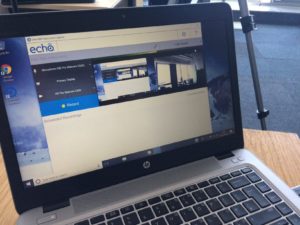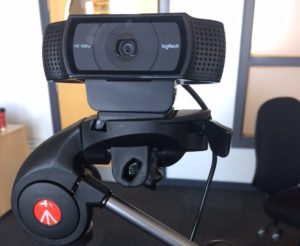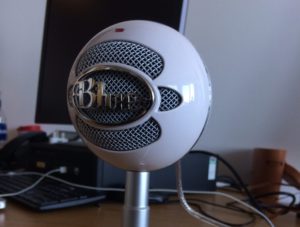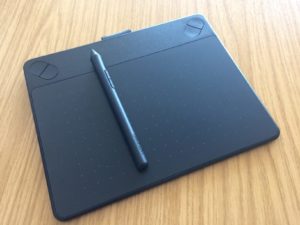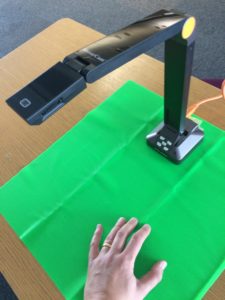Background
Edinburgh College of Art (ECA) frequently assesses to multiple learning outcomes (LOs). This means that for each assignment, a student will receive multiple grades and sections of feedback. In the past, ECA used a custom VLE (the Portal) to support this kind of assessment. Tutors would select grades for each learning outcome which was being assessed (often three) and feedback for each learning outcome. Students would then need to leave a piece of self-evaluation and ‘submit’ in order to access their tutor’s feedback. As we migrated from this legacy VLE (the Portal) to the centrally supported VLE (Blackboard Learn) I went about trying to identify how best we could leverage the tools of the new system for a workflow which was familiar, and favoured, by teaching staff and students at ECA.
The challenge was as follows:
– Allow markers to leave multiple grades and feedback for each assignment
– Allow support staff to download these grades for upload to the central assessment and progression software with minimum intervention (and risk of mistakes)
– Allow students to receive their multiple grades and feedback with as few clicks as possible, and represented in a clear and consistent way.
I identified the rubric tool within Blackboard as the most useful tool we could use to replicate this workflow. While this addressed point 1, it did not address points 2 and 3:
– as it stood, administrators could only download the aggregated grade from the Blackboard Learn Grade Centre.
– students would have several clicks (many of which would not be intuitive) in order to access their feedback. Because of the complexity of this task, and the multitude of ways a student could give up half way through, communicating grades and feedback (essential to the learning process) would be severely compromised.
I proposed that ECA use some if its Information Services (IS) Apps development budget for investigating ways of addressing these issues. I met with a project manager from IS and we blocked out the best part of a day for exploring what the current challenges were, what the risks were for continuing with the current system, and the opportunities for developing something which could improve the experience.
I then took these initial findings to the development team in IS at a subsequent meeting. After ruling out some options, we proposed building a new building block for Blackboard which would provide a different view into the Grade Centre. This would have to be accessed via a new tool, rather than a different stylesheet for the existing tool (My Grades). This would introduce a potential cause for confusion, but I balanced this against the potential confusion from the existing workflow and argued the benefits would outweigh the challenges.
The project then moved into the development phase. I was tasked with testing the Beta tool. The new tool went live for ECA staff and students in September 2016. After a year of successful deployment, the tool was made available to the rest of the University in September 2017.
Project documentation.
